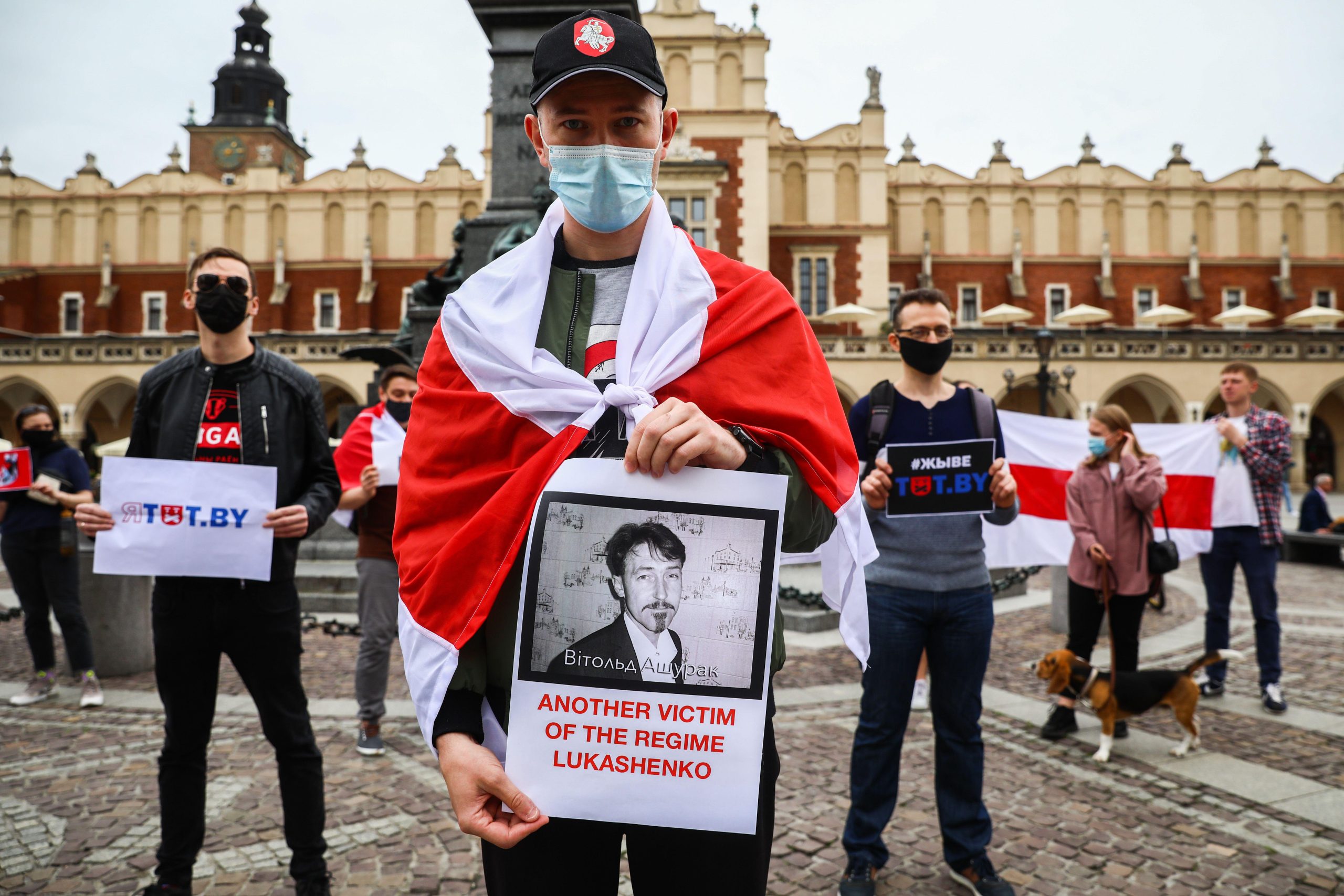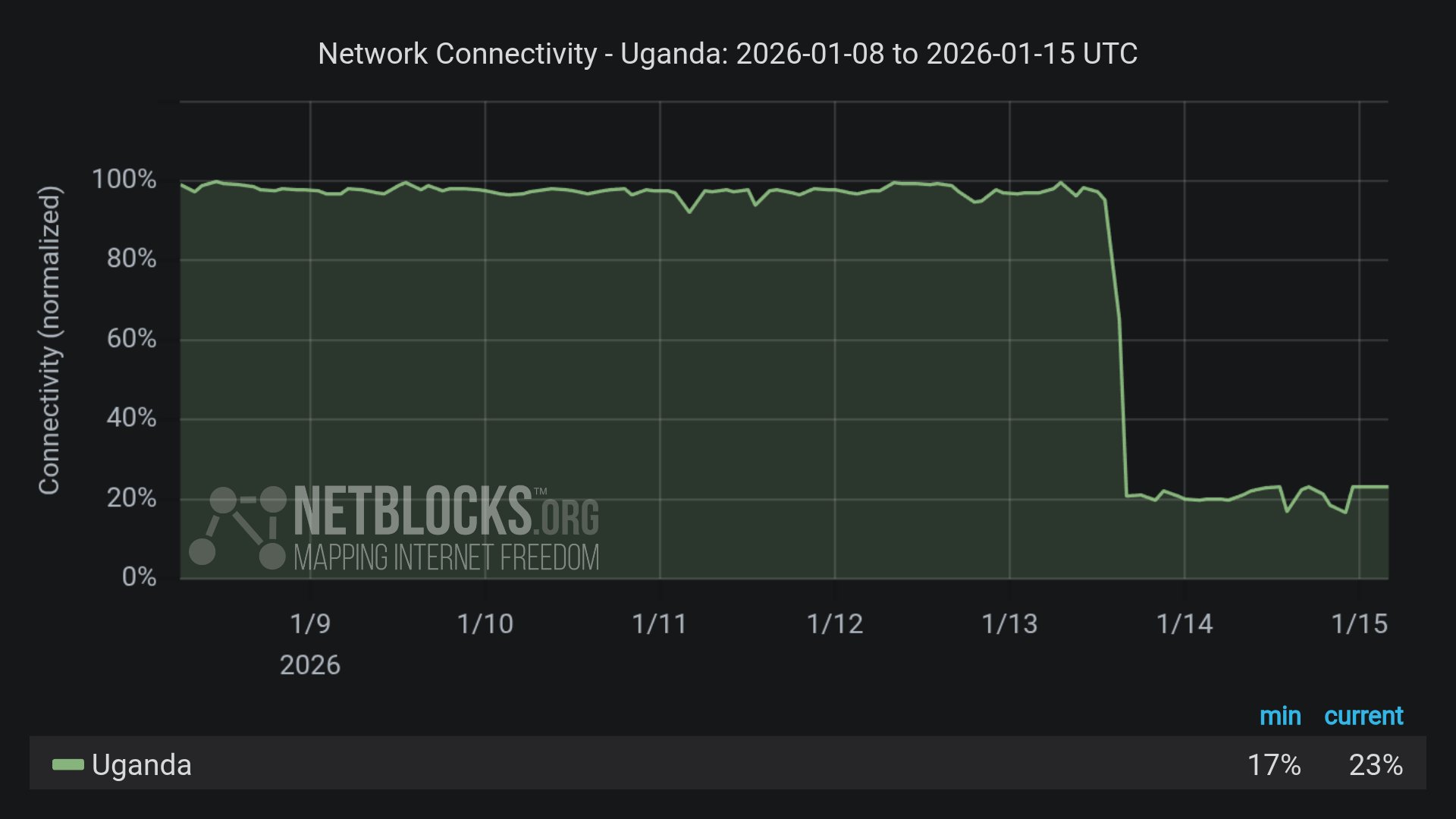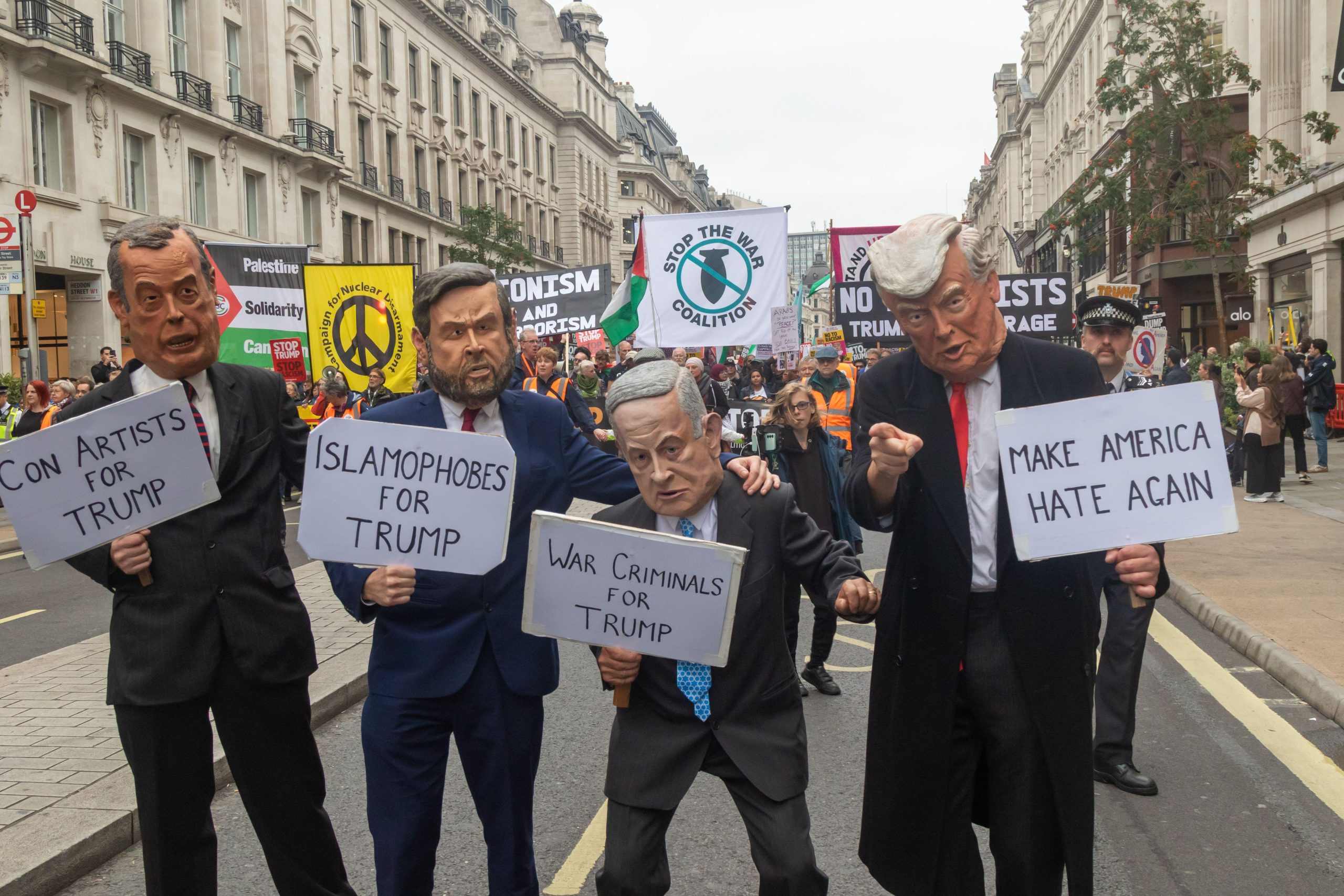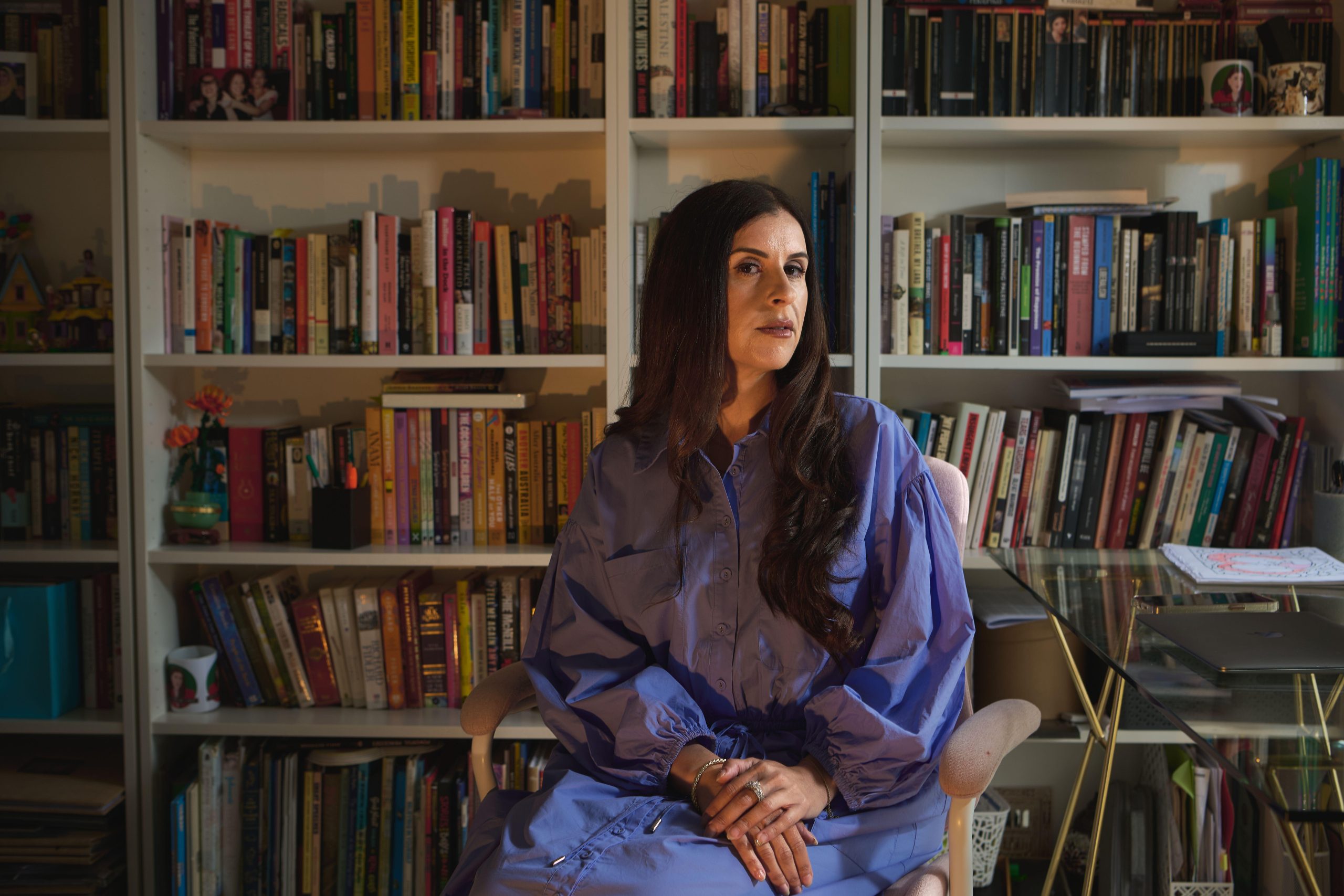The International Day of Solidarity with Political Prisoners in Belarus is marked on 21 May. There are currently more than 1,180 political prisoners in the country, and more than 6,940 people have been sentenced in politically-motivated criminal cases.
Behind bars, people who have shown resistance to Alyaksandr Lukashenka’s regime face inhumane conditions designed to break their spirit and ruin their health. Some are denied or cannot receive necessary medical care. Others are deliberately left to deteriorate. Just yesterday, rights campaigners found out that political prisoner Valentin Shtermer has died behind bars in unclear circumstances.
The date to show solidarity is dedicated to political prisoner and activist Vitold Ashurak, who died in prison in 2021 under unclear circumstances. His body was reportedly returned to his family with his head bandaged, raising serious suspicions about the cause of death.
Another tragic case occurred in July 2023, when political prisoner, famous Belarusian artist Ales Pushkin, died in intensive care after being transferred there directly from prison. According to Belarusian independent media, Pushkin had an ulcer that was not treated in time and developed sepsis, leading to multiple organ failure.
According to the Viasna Human Rights Center, political prisoners Mikalai Klimovich, Aliaksandr Kulinich, Ihar Lednik, Vadzim Khrasko and Dzmitry Shlethauer also died in detention. Recently, Hanna Kandratsenka and Tamara Karavai died soon after their release from unjust sentences – their health deteriorated in prison.
Clearly, lack of proper medical care is a tool to pressure political prisoners. One disturbing example is the case of Maryia Kalesnikava, one of the leaders of the democratic movement, who was sentenced to 11 years in prison. After spending several days in a punishment cell, she was eventually hospitalised with a perforated ulcer and peritonitis. She underwent surgery and lost a lot of weight, but was later returned to forced labour and denied proper aftercare.
The way Lukashenka’s regime holds people hostage and allows the system to operate with such lawlessness and inhumanity is chilling – especially when it comes to people who have been kept completely incommunicado for more than two years. The politician considered by many as the president-elect of Belarus, Sviatlana Tsikhanouskaya, often says that she doesn’t even know if her husband Siarhei (an opposition politician who was arrested) is alive.
According to Viasna, at least 206 political prisoners are at increased risk, with 77 of those having physical health issues and others facing disabilities, mental illnesses or advanced age. These numbers show just how widespread the issue is – and how urgently healthcare is needed.
Leanid Sudalenka, a Belarusian human rights defender and chairman of the Gomel branch of Viasna, was himself a political prisoner and was released in 2023 after serving his sentence (he’s now been sentenced to a further five years in absentia). In his mind, this failure or inadequate provision of medical care is a form of cruel, inhumane and degrading treatment.
“First of all, courts in Belarus do not consider the health conditions of those convicted under so-called extremist or terrorist articles of the criminal code,” he said.
He went on to describe how he suffers from diabetes. “The person in judicial robes did not ‘find’ even a single day of leniency for my illness, although they had every legal right to consider it a mitigating factor. As a result, I served the full term without ever being able to measure my blood sugar levels,” he said.
Inside prison, he witnessed a terrible situation for people in critical conditions: “Even when cancer is diagnosed there, prisoners are not released from their sentences – they die right there in their prison beds.”
Kseniya Lutskina, a journalist and released political prisoner, has a brain tumour. The regime took her pro-democratic activism very personally – Lutskina was a state TV journalist who joined the media workers’ strike in 2020 after the fraudulent election. She was sentenced to eight years, but in August 2024, she was “pardoned”. While in pre-trial detention under criminal charges and already suffering from her condition, she was told directly: “You will die in prison.”
Lutskina shared her experience with Index, describing how access to medical care in pre-trial detention is extremely limited, and that no proper diagnostics can be carried out at this point.
“The doctors there – often just general practitioners – simply don’t have the tools, resources, or authority to provide proper treatment. Their role is mostly limited to emergency care,” she said.
“In some cases, if medical documents can be provided from outside, the detainee may be allowed to receive specific medications. But this requires confirmed diagnoses; otherwise, even getting basic treatment becomes a bureaucratic impossibility.”
She said that for detainees with serious health conditions, it can be nearly impossible to get what they need.
“When political prisoners begin to deteriorate – and many inevitably develop health problems – they are often only treated for symptoms, to the extent possible,” she explained. “It’s not entirely accurate to say there is no medical care, but it is extremely limited and deeply inadequate for serious conditions”.
Lutskina told Index about the harsh environment of prison labour, especially for women. With her formal diagnosis, rather than being exempted from work, she was reassigned to a different type of labour where she didn’t operate heavy machinery.
“But if I fail to meet the daily quota, I’ll be sent back there, to the machines. So, regardless of how you feel – sick or well – you’re still expected to work,” she said.
Even with a medical exemption against carrying heavy weight, this was never guaranteed.
In colonies, prisoners are forced to work, and that labour is physical and often very hard. Health issues are not acknowledged until they become critical. Sudalenka described how the prison administration only pays attention to a prisoner’s health once they faint.
“In that case, they’re wrapped in a blanket and carried to the medical unit. This is especially true for political prisoners, who are not excused from work even with a fever,” he said.
He told Index about the attitude of medical staff towards inmates.
“When I was thrown into a cold punishment cell, where it was impossible to sleep at night due to the cold, I voiced my complaints during a medical personnel round. ‘If you get sick, we’ll treat you,’ they replied – and walked away.”
He said he witnessed a middle-aged man fall ill at the workshop and ask to go to the medical unit. He was told that visits to the doctor are only allowed outside working hours. The prisoner collapsed, and it turned out to be a stroke.
“One of the gravest problems in the Belarusian penitentiary system is the lack of proper diagnostics. This results in frequent – very frequent – deaths,” he said. “And while cancer deaths are somewhat explainable, how do you explain what happened in our colony when a 35-year-old man went to bed after lights out and never woke up? By morning, his body was already cold.”
Healthcare is a basic human right. But in Lukashenka’s Belarus – where the crackdown on pro-democracy resistance has led to a massive increase in human rights violations since 2020 – it has become another means of punishment against dissent.
To find out more about how health is weaponised against political prisoners, explore our Spring 2025 magazine: The forgotten patients: Lost voices in the global healthcare system.





